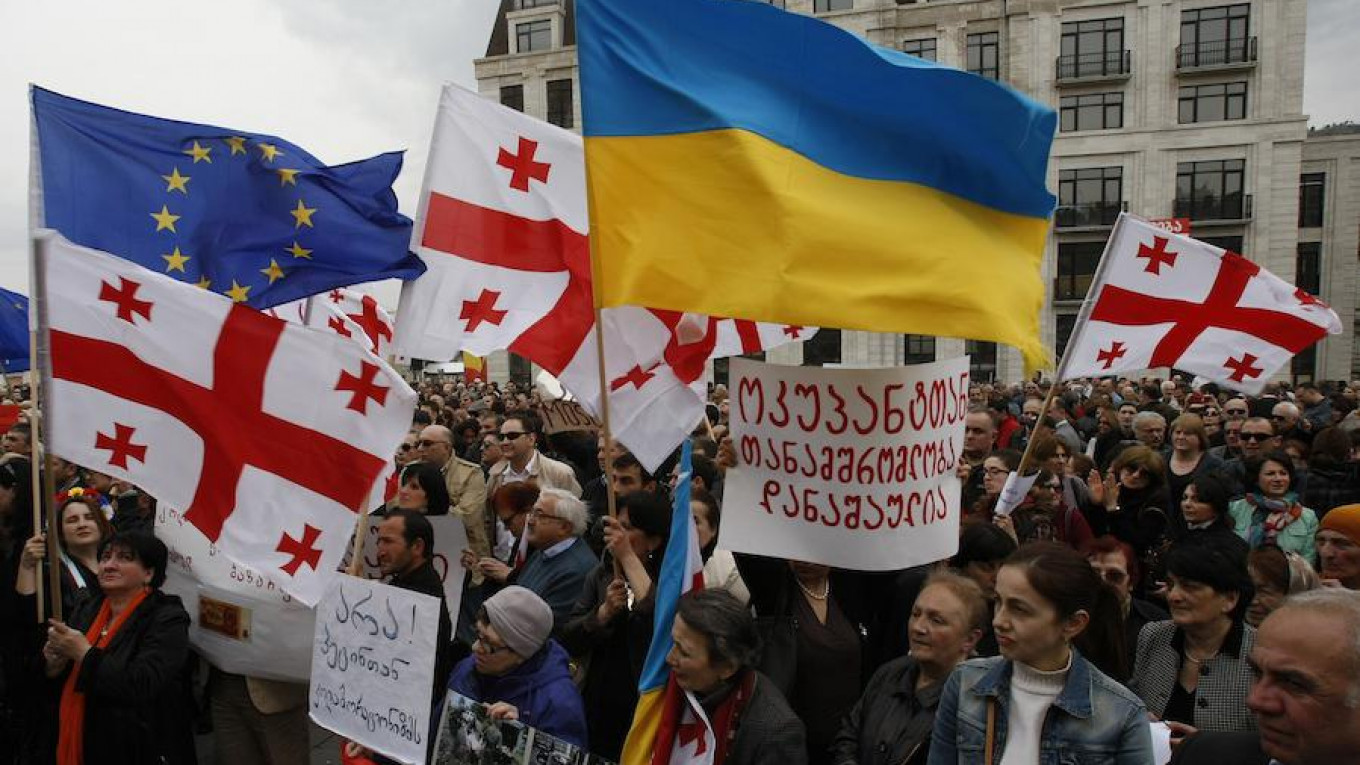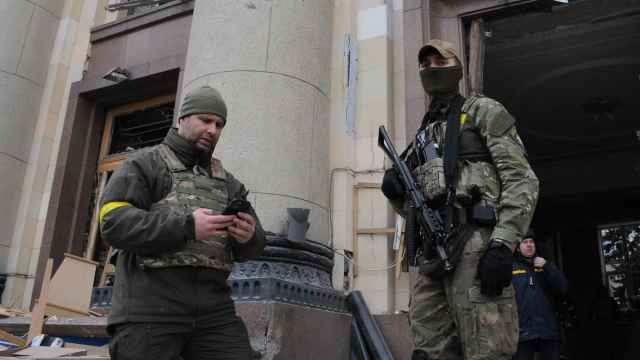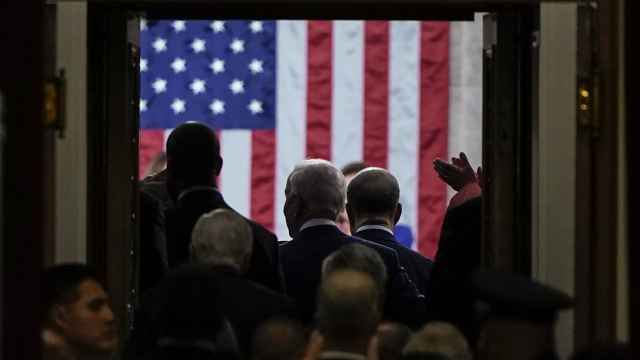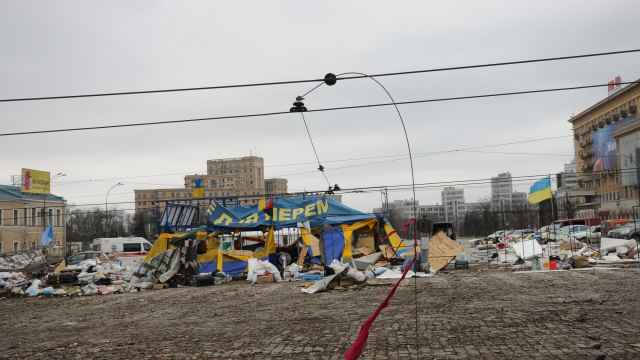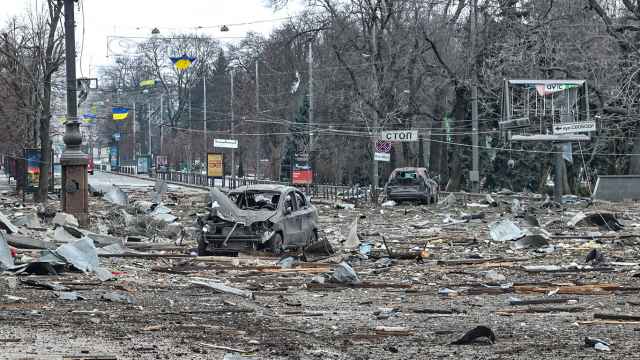Georgian and Ukrainian citizens may gain visa-free entry to the European Union (EU). There will still be many limits and restrictions, but the main significance is symbolic and very important for people of the former Soviet Union: It brings them closer to Europe.
The Committee of Permanent Representatives to the EU has agreed on a mechanism for emergency suspension of the visa-free regime for Ukrainian and Georgian citizens in the event that serious problems arise. This safeguard removed the final obstacle to finally implementing the long promised visa-free regime with these two countries. The European Parliament, followed by the European Council, must now approve the measure. A final decision is expected before New Year.
Negotiations on visa liberalization for Ukraine and Georgia began back in 2008 as part of the “Eastern Partnership” program. Georgia entered the practical phase of those talks in 2012 as it prepared for associate EU membership. Ukraine reached that stage in 2014. Ukraine abolished visa requirements for EU citizens back in 2005, and Georgia followed suit in 2006.
In addition to Ukraine and Georgia, Armenia, Azerbaijan, Belarus, and Moldova also participate in the “Eastern Partnership” agreement. The EU approved a visa-free regime for Moldovan citizens in 2014. According to the Eastern Partnership Visa Liberalisation Index prepared by the Visa-free Europe Coalition and the Stefan Batory Foundation, Armenia, Belarus, and Azerbaijan are the countries next in line to gain ratification of visa-free regimes. In fact, the Azerbaijani Foreign Ministry announced last week that it was preparing a new “strategic agreement” with the EU that includes talks on establishing a visa-free regime.
There is nothing automatic about these processes, said political analyst Sergei Markedonov. For example, the introduction of the visa-free regime for Moldova did not automatically mean that the process for Georgia and Ukraine would accelerate. For the EU, with its progressivist approach, it is important to demonstrate progress toward rapprochement with states that are candidates for association. Yes, Armenia is next in line, but each such decision will come loaded with numerous restrictions as well.
Of course, the European migration crisis has also influenced this decision. Otherwise, Georgia, and particularly Ukraine could have been forced to wait another several years for a decision, said Olga Gulina, director of the Berlin Institute of Migration Policy.
However, European Council President Donald Tusk recently said that tensions with Russia and the need to bring those countries “out of Russia’s shadow” led policymakers to speed up their decision.
The more politically motivated the decision becomes, the greater the number of precautionary measures tacked onto it. Every EU member state will have the right to initiate the process for suspending the visa-free regime, and the number of reasons justifying such a move have increased – as has the frequency of reports on infractions by participating states and the speed with which such a suspension would go into effect. As a result, Georgian and Ukrainian citizens will be eligible to receive only one 90-day tourist visa to the EU every six months. But even that will make them a little more European than they were.
A Message from The Moscow Times:
Dear readers,
We are facing unprecedented challenges. Russia's Prosecutor General's Office has designated The Moscow Times as an "undesirable" organization, criminalizing our work and putting our staff at risk of prosecution. This follows our earlier unjust labeling as a "foreign agent."
These actions are direct attempts to silence independent journalism in Russia. The authorities claim our work "discredits the decisions of the Russian leadership." We see things differently: we strive to provide accurate, unbiased reporting on Russia.
We, the journalists of The Moscow Times, refuse to be silenced. But to continue our work, we need your help.
Your support, no matter how small, makes a world of difference. If you can, please support us monthly starting from just $2. It's quick to set up, and every contribution makes a significant impact.
By supporting The Moscow Times, you're defending open, independent journalism in the face of repression. Thank you for standing with us.
Remind me later.


